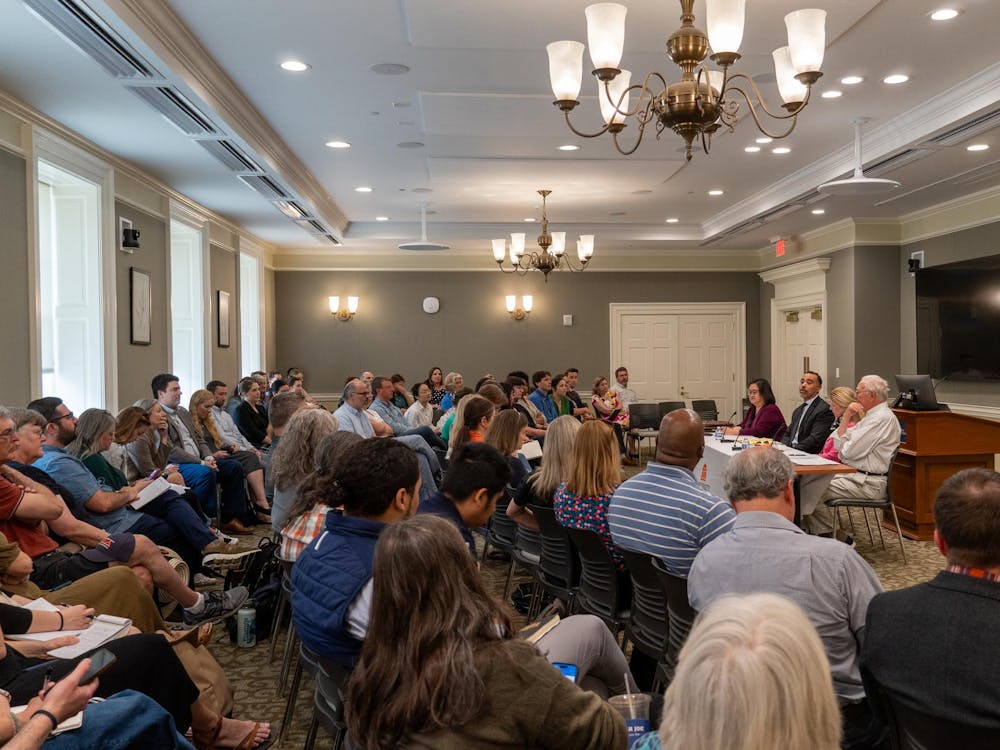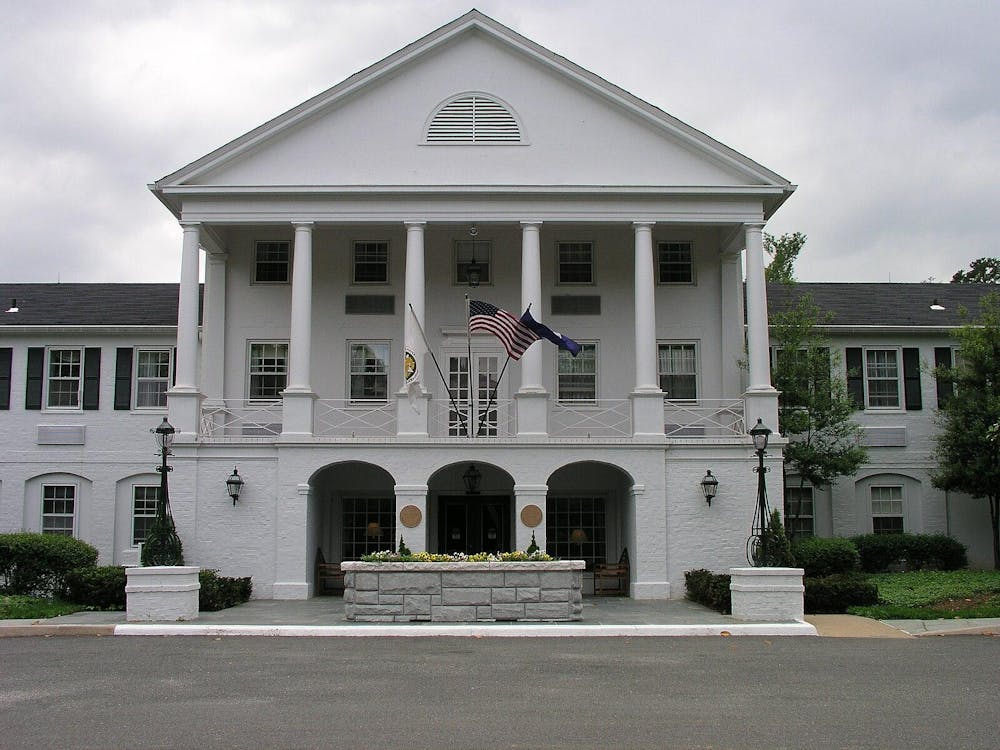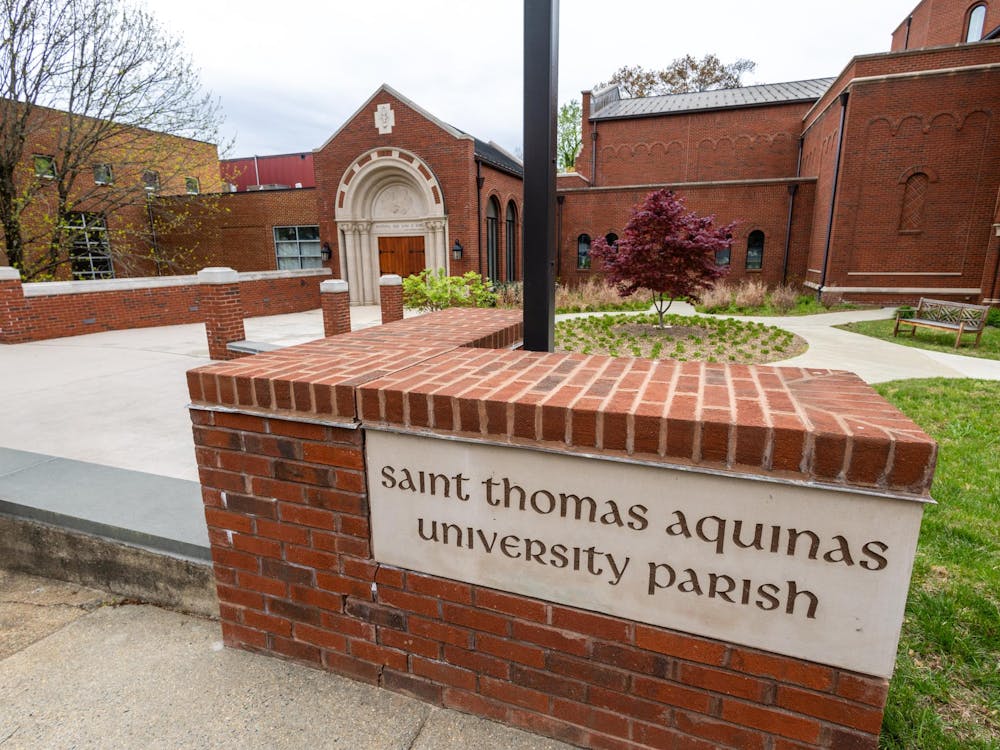After a significant overhaul of its investigative procedures last year, the Honor Committee released a report last week that highlighted some of the resulting changes, including a decrease in the length of investigations.
According to Vice Chair for Investigations Linda Liu, since the changes were enacted Dec. 6, 2006, the average length of investigations decreased from 50.68 days to 32.57 days, a change of more than 18 days.
The Transformation Resolution set forth a 16-day time limit to investigate a reported offense and gather evidence. Liu cited two reasons as to why the average investigation length following the transformations was longer than the desired 16 days. According to Liu, applying the new methods and procedures to ongoing investigations took a good deal of adjustment, which added to the length of the investigation time. She also added that investigations reported before Winter Break could not be continued until the spring semester, adding about one month to the total investigation time.
Liu noted that the numbers reflect the data from only 20 cases after the transformations had gone into effect.
"I want to be cautious with these results," Liu said at Sunday's Committee meeting. "It's a very small sample size ... These rules are very good, but [they are] only in their early assessment."
The investigation process underwent five other changes last year. The first transformation changed the title of "advisor for the reporter" to "advisor for the community." The advisor for the community now provides information about procedures not only to the reporter of the offense, but also to witnesses called by the reporter, and is now also responsible for asking the reporter earlier in the investigation if there are any additional witnesses in the case, which has helped speed up scheduling interviews, according to the report.
The second change involves the Investigative Panel, which is responsible for reviewing the findings of an investigation and deciding whether to accuse the student in question. The date for the I-Panel is now determined on the first day of the investigation. Before, the I-Panel did not schedule when it would meet until the investigation had been completed. Data show the average time to schedule the I-Panel declined from 3.68 days to 1.15 days as a result of this change.
Third, only three rotating Committee members are now present at the meeting of the I-Panel. Previously, the investigated student, the reporter, investigators, advisors and any additional observers were allowed to attend. The shift to only three rotating Committee members has decreased scheduling time "immensely" for the I-Panel, as only three people need to accommodate their schedules instead of at least nine, according to the report. The decision to hold the I-Panel without the student in question or the reporter in attendance was made as part of an effort to alleviate the burden placed upon these two parties by the investigation process, according to the report.
At the meeting, Medical School Rep. Alex Hawkins noted, however, that he finds it difficult to conduct I-Panels without the accused student present.
Because the investigated student and the reporter were eliminated from the I-Panel meeting, the Committee added response interviews as a step in the investigation process. These interviews are substitutes for the investigated student's and reporter's comments at the I-Panel.
As a final change, the roles of investigation coordinators were expanded. Investigation coordinators previously served only to answer questions about an investigation from the support officers and to convey progress to the vice chair for investigations. Now, ICs meet with investigators on the seventh and 14th day of an investigation to ensure investigators have a complete list of witnesses and evidence as well as to review the investigation log, a compilation of the evidence and testimony.
As a result of the transformations, the report noted that more emphasis is placed on uncovering all relevant facts before the I-Panel so the I-Panel can focus more on reviewing the case, as opposed to investigating and asking questions themselves.
At Sunday's meeting, committee members expressed their satisfaction with the post-transformation results thus far.
"It's really reassuring," said Josh Hess, vice chair for community relations.
Honor Chair Ben Cooper said he hopes to "see if this trend remains in the positive direction."
The Committee will continue to examine and analyze the effects of these changes in investigative procedures in the future.






